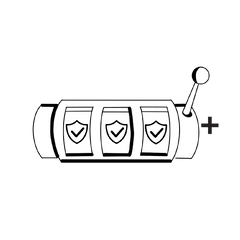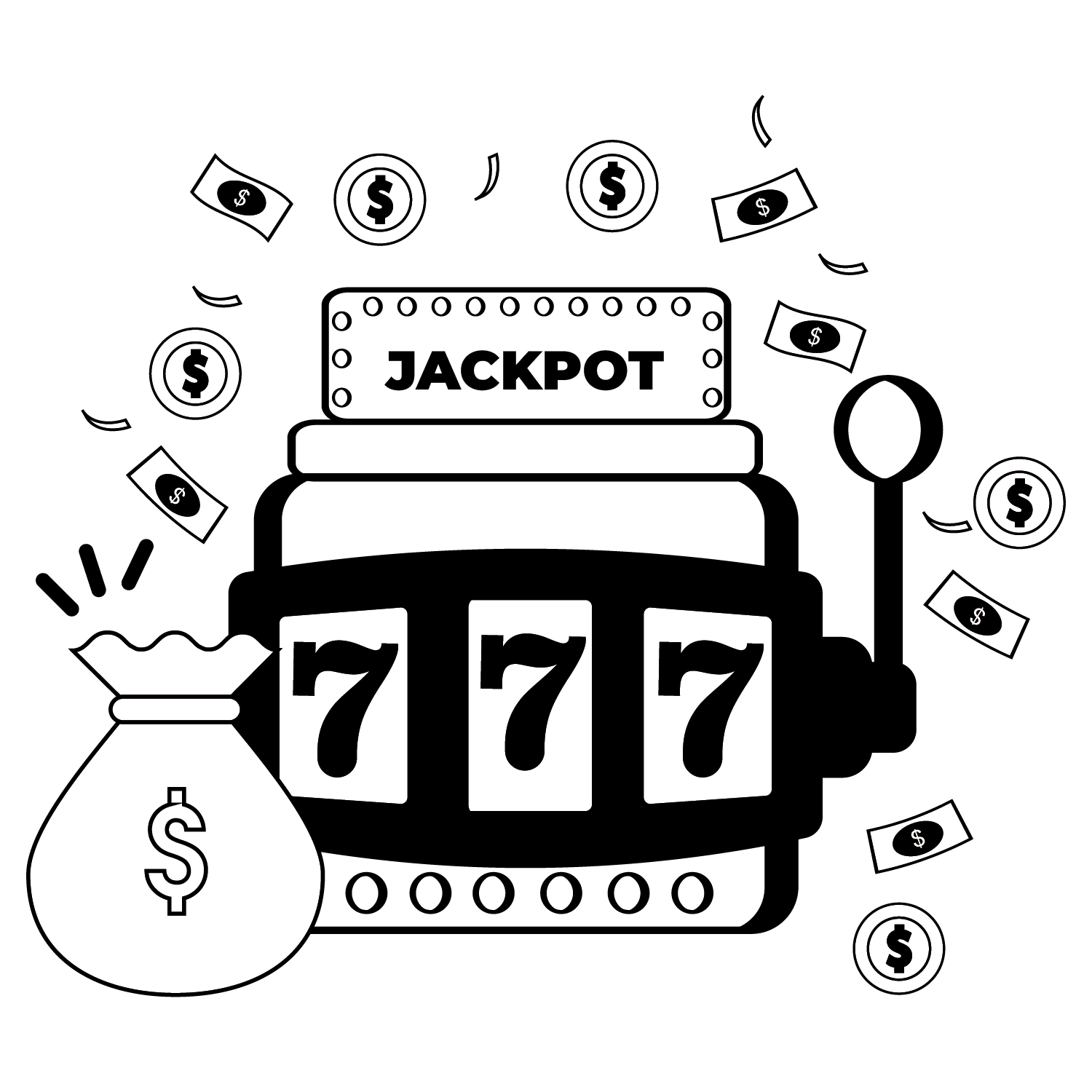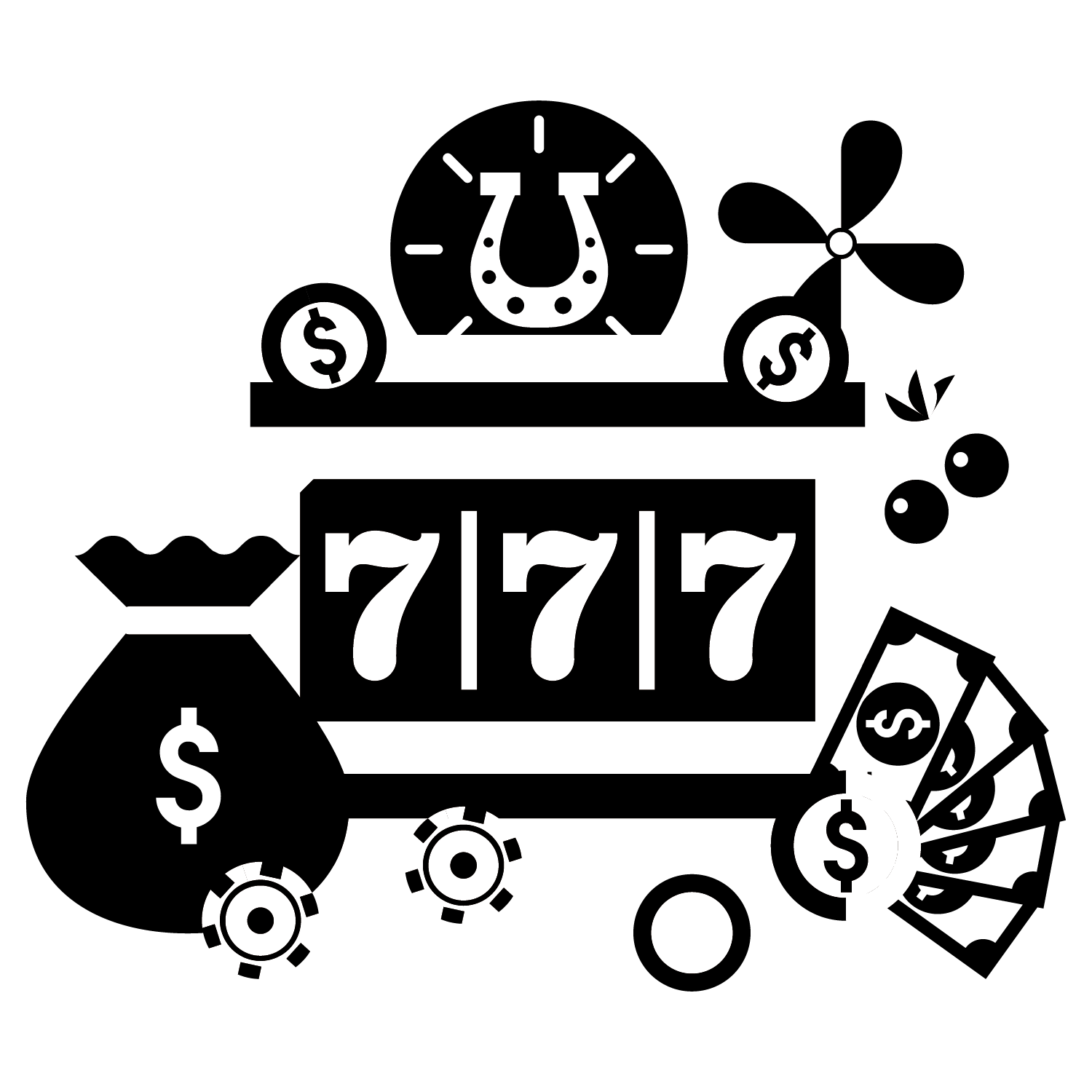Slot machines are trustworthy thanks to Random Number Generators (RNG) and stringent regulatory oversight.
Casinos don’t need to rig slots; their house edge guarantees profitability.
Payout percentages (RTP) indicate fairness, not manipulation, and higher RTP slots offer better chances.
Errors and malfunctions are rare and usually resolved by gaming authorities or casinos.
Playing slots should always be about entertainment; take a break or switch games if frustration arises.
Why Slot Machines Are Honest
Modern slot machines are designed to ensure fairness for players. Their outcomes are determined by Random Number Generators (RNG), which create random and unbiased results for every spin. These machines are closely monitored by gaming authorities that enforce fair play standards and prevent tampering, such as the Nevada Gaming Control Board and the UK Gambling Commission.
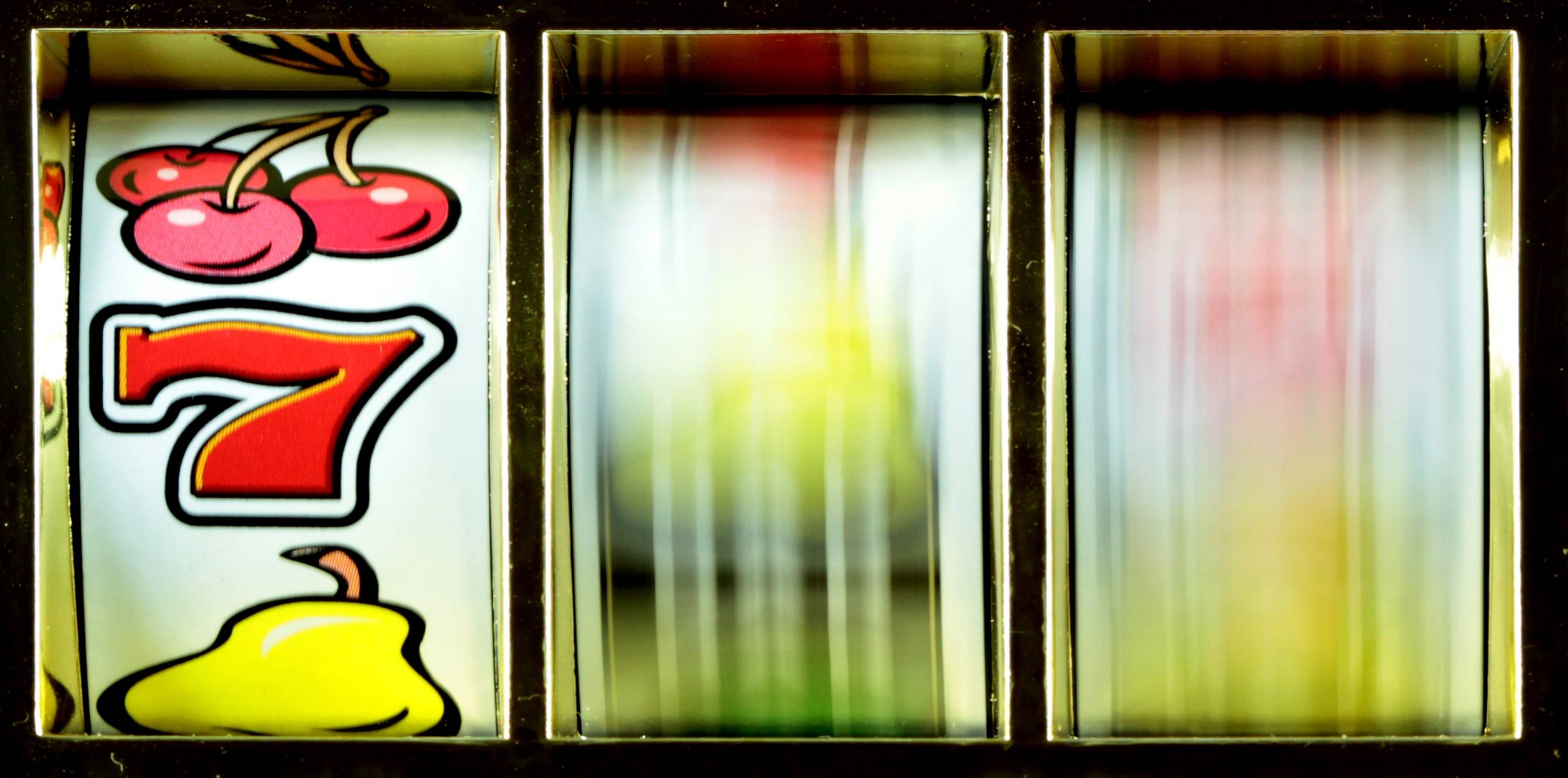
Casinos also have no incentive to rig slots. The house edge—a built-in advantage for the casino—ensures profitability over time. This edge means that over thousands of spins, the casino consistently retains a small percentage of every wager, regardless of individual outcomes. Rigging machines would not only be unnecessary but also risky, as it could result in severe penalties, including loss of licenses and reputational damage. Instead, casinos celebrate big winners, as these stories attract more players and enhance their appeal.
The Role of RNG and Technology
Modern slot machines are essentially high-tech computers. Here’s how they ensure fairness:
Random Number Generators (RNGs): RNGs produce millions of outcomes per second, ensuring every spin is completely independent and random.
Advanced Security Features: Encryption and tamper-proof hardware protect slot software from manipulation.
Regular Audits: Gaming commissions frequently test and audit machines to confirm compliance with regulations.
These safeguards make it virtually impossible to “rig” a slot machine. Whether playing at a physical casino or online, players can trust that outcomes are fair and unbiased.
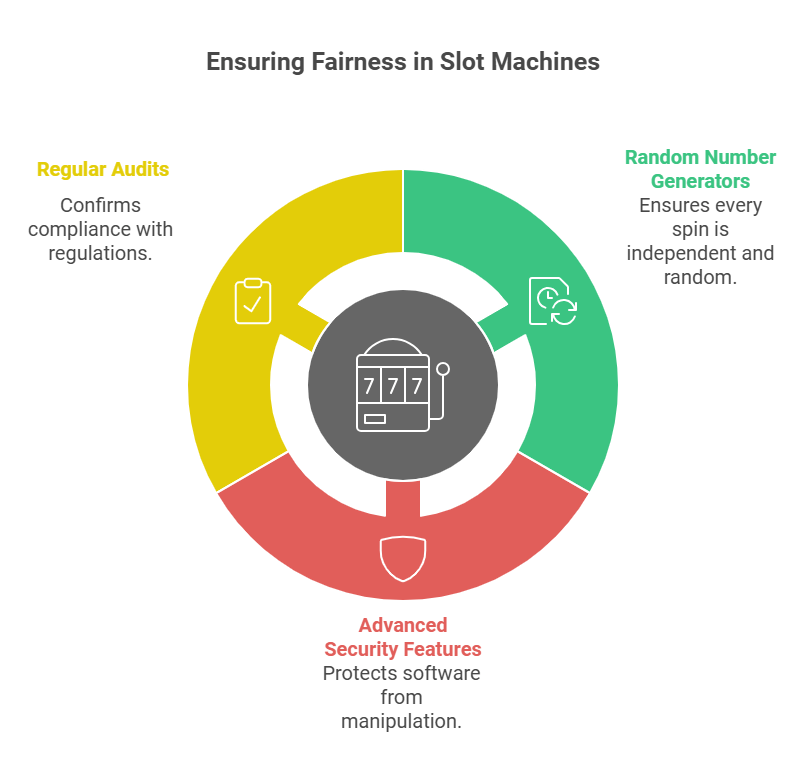
Payout Percentages (RTP)
Return to Player (RTP) percentages indicate how much money a slot machine returns to players over time. For example, a slot with a 95% RTP will, on average, pay back $95 for every $100 wagered. This isn’t rigging; it’s a statistical measure designed into the game by manufacturers.
Casinos can’t control individual spins or payouts. Instead, RTP percentages are programmed to apply across thousands of plays. Players can use RTP data to choose games with better odds, as higher RTP slots generally give players a better chance of winning.
How Regulations Protect Players
Casinos operate under strict oversight from gaming commissions, such as the Nevada Gaming Control Board or the UK Gambling Commission. These regulatory bodies:
Conduct regular compliance checks to ensure fairness.
Monitor payout percentages and other financial activities.
Penalize or shut down operations that fail to meet legal standards.
These measures provide an additional layer of trust and fairness, making it unlikely that players are ever cheated.
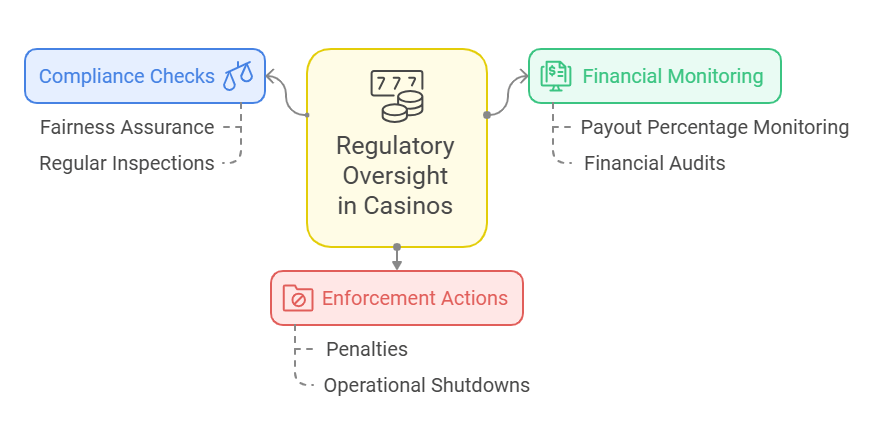
Common Myths Debunked
Myth: Slots are programmed to pay out at certain times.
Fact: Every spin is independent, and RNG ensures randomness.Myth: Casinos control outcomes.
Fact: Casinos cannot alter individual machines without violating laws and facing penalties.Myth: “Loose slots” are rigged to attract players.
Fact: Loose slots have higher RTPs but are still fair and random.
What About Errors and Malfunctions?
While rare, technical glitches can occur. When they do, gaming commissions and casinos typically resolve these issues fairly. For example:
A player might see an incorrect jackpot amount due to a software malfunction. These incidents are investigated, and legitimate payouts are honored.
Casinos sometimes go to great lengths to locate players who unknowingly hit a jackpot but left the casino before claiming their prize.
These examples show that errors are not intentional but technical anomalies addressed by industry safeguards.
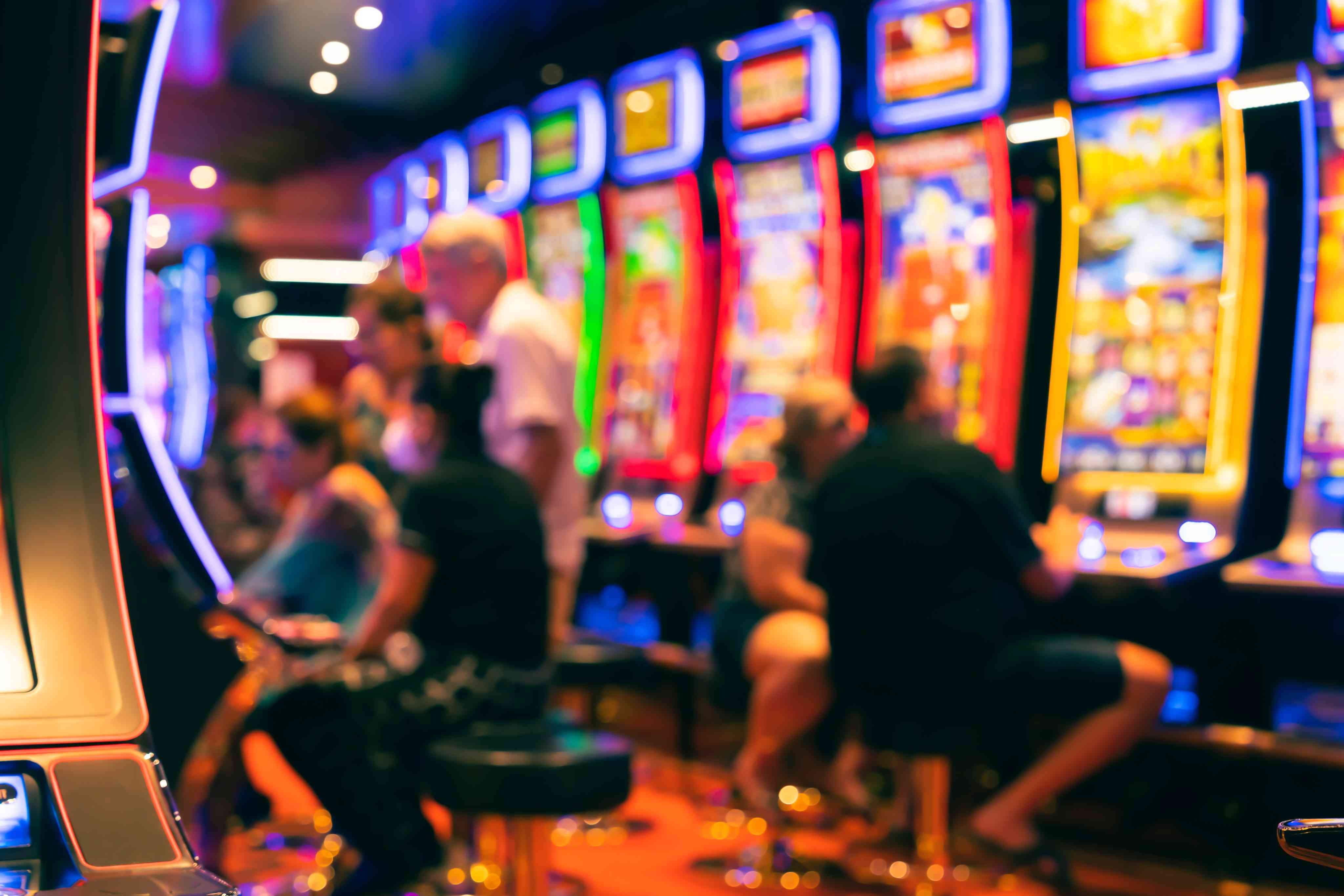
Tips for Playing Fair and Fun Games
Choose reputable casinos licensed by recognized gaming authorities.
Look for slots with high RTP percentages.
Avoid unregulated or offshore casinos.
If a machine malfunctions, alert casino staff immediately.
Play within your budget and prioritize entertainment over winning.
Conclusion
Slot machines are designed for fairness and entertainment. Thanks to RNG technology and regulatory oversight, players can trust that outcomes are random and unbiased. If frustration arises, remember that slots are about having fun—and there’s always another spin waiting.
Take your pick and enjoy our incredible slots below:
Click here to dive into our wide array of free slots.
FAQs

Are slot machines random?
Yes, RNG technology ensures random and independent results, making each spin completely unpredictable and fair for all players.

Can casinos rig slot machines?
No, strict regulations, frequent audits, and advanced machine safeguards ensure fairness and prevent tampering.

What is RTP?
Return to Player (RTP) is the percentage of money wagered that is returned to players over time. It is calculated based on extensive simulations over thousands of spins, ensuring accuracy. RTP matters because it helps players gauge their potential returns and choose games with better odds of winning.

What should I do if a machine malfunctions?
Alert casino staff immediately to address the issue and ensure proper documentation of the malfunction for investigation.

How can I find trustworthy slots?
Look for licensed casinos, machines with published RTP data, and reviews from credible sources to ensure a fair gaming experience.






